By Erica Chenoweth for Denver Dialogues
The news from last week was bleak. Fleeing violence and chaos in the Middle East, horrific accounts detailed the tragic fates of countless people seeking refuge in Europe. Thousands have perished along the way, and many survivors have found themselves in dangerous conditions upon arrival in Europe. Some state reactions have been appallingly inhumane, and many undocumented refugees remain vulnerable to predation and exploitation by human traffickers. Government pledges to approve more refugee applications have been criticized as too little too late, and the immediate needs of countless people remain unmet.
Yet in the midst of these awful accounts came stories like this:
[youtube https://www.youtube.com/watch?v=QVLNSOvpmT8&w=560&h=315]
Throughout Germany, Austria, and elsewhere, community groups have organized welcome parties, grassroots movements have developed volunteer convoys to help people cross the Hungary-Austria border, and various campaigns have initiated petitions to force their governments to accept more refugees.
As an activist from Austria named Angelika said, “I am a mom, I am a woman from Austria, and I cannot close my eyes anymore. When politics has failed, we people from the streets have to do something.”
Around my department, there is a lot of talk about civilian agency in the context of civil war. Much of the discussion centers around the types of options available to people living in the midst of ongoing violence—such as village councils in Colombia, self-defense groups in Mexico, or humanitarian groups in Syria. But the recent refugee crisis has me thinking more about the international dimensions of civilian agency in the context of civil wars—the types of options available to transnational solidarity networks, grassroots groups, and ordinary people outside of the conflict zone—in addressing needs that governments cannot or will not meet.
There are many options, it turns out. Whether it’s sending money to various refugee charities, offering homes for resettlement, detecting refugees lost at sea, non-governmental entities have arguably been providing the most innovative, inspiring, and creative approaches to assisting people fleeing the violence in Syria (and elsewhere). Obviously such efforts do not stop the war, but they do assist with humanitarian needs in ways that governmental institutions apparently struggle to do.
Such efforts have reminded me of the bottom-up structures and movements that are common features to crisis. In her excellent book A Paradise Built in Hell: The Extraordinary Communities that Arise in Disaster, Rebecca Solnit recounts the experiences of communities struck with disaster (like earthquakes, hurricanes, and terrorist attacks like 9/11). She describes processes in which ordinary people band together to respond to the needs of their fellows. As a result, these catastrophes provide unexpected opportunities to create the kinds of human societies that many people craved all along.
It is hard to be optimistic about the refugee crisis in Europe—or the wars in the Middle East that are driving it. The policy responses proffered by governments have indeed been less-than-inspiring so far. But for those looking for a silver lining, the practical compassion of countless others is shining bright.
You and I can make a difference. For those who wish to help, see the many ways to get involved here.

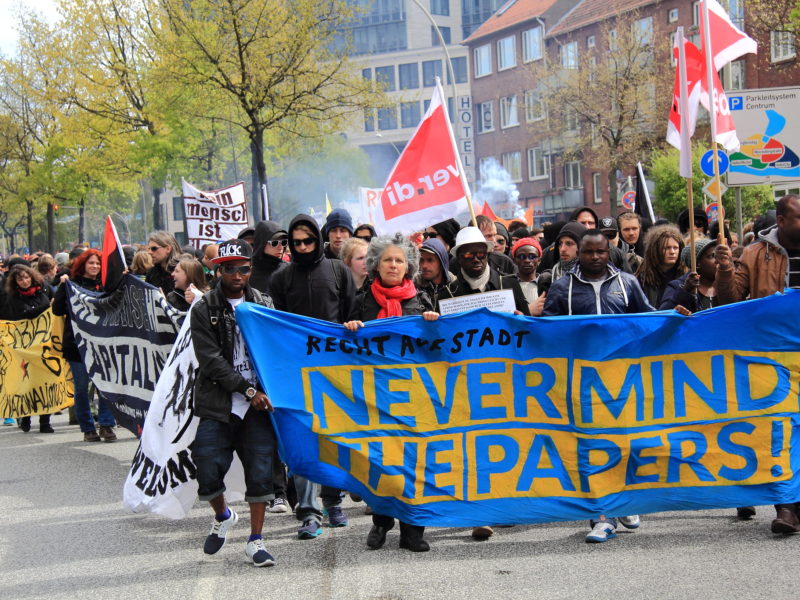
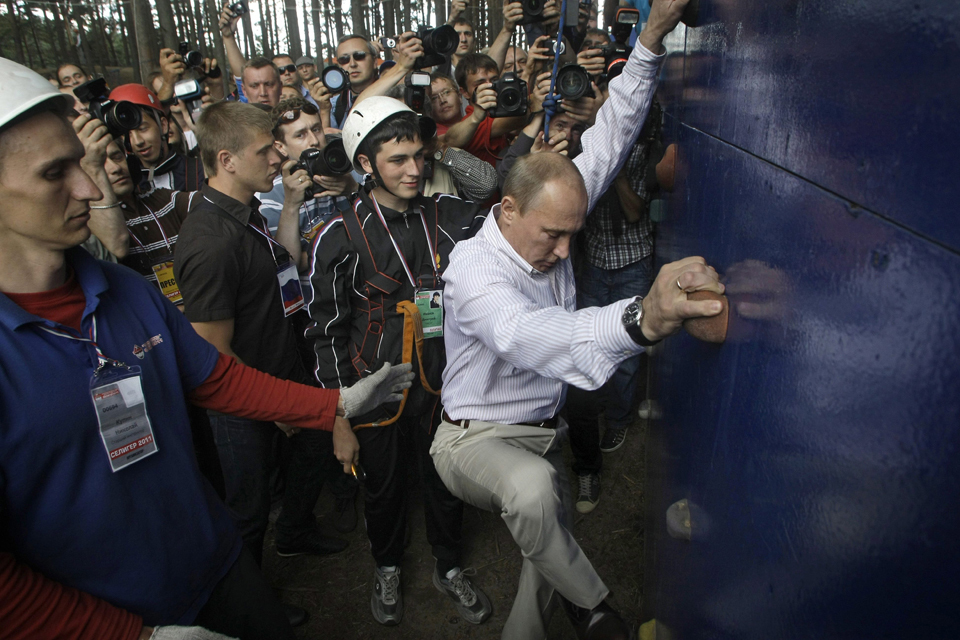
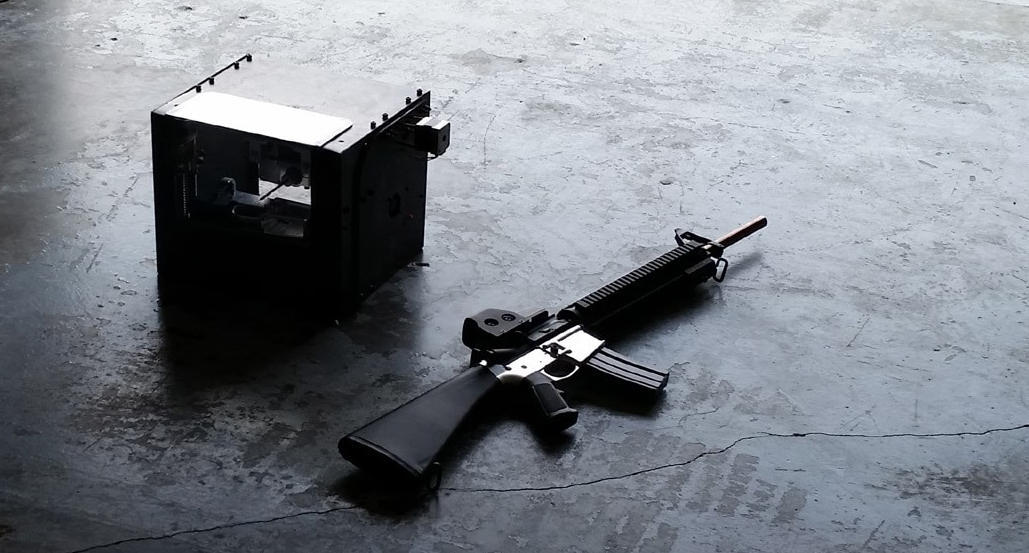

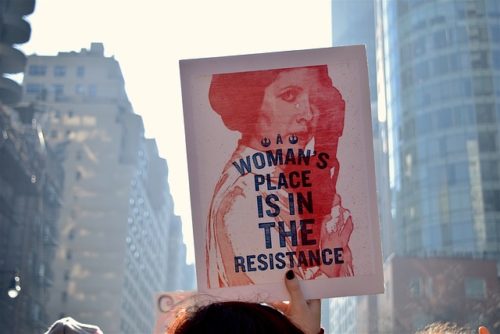
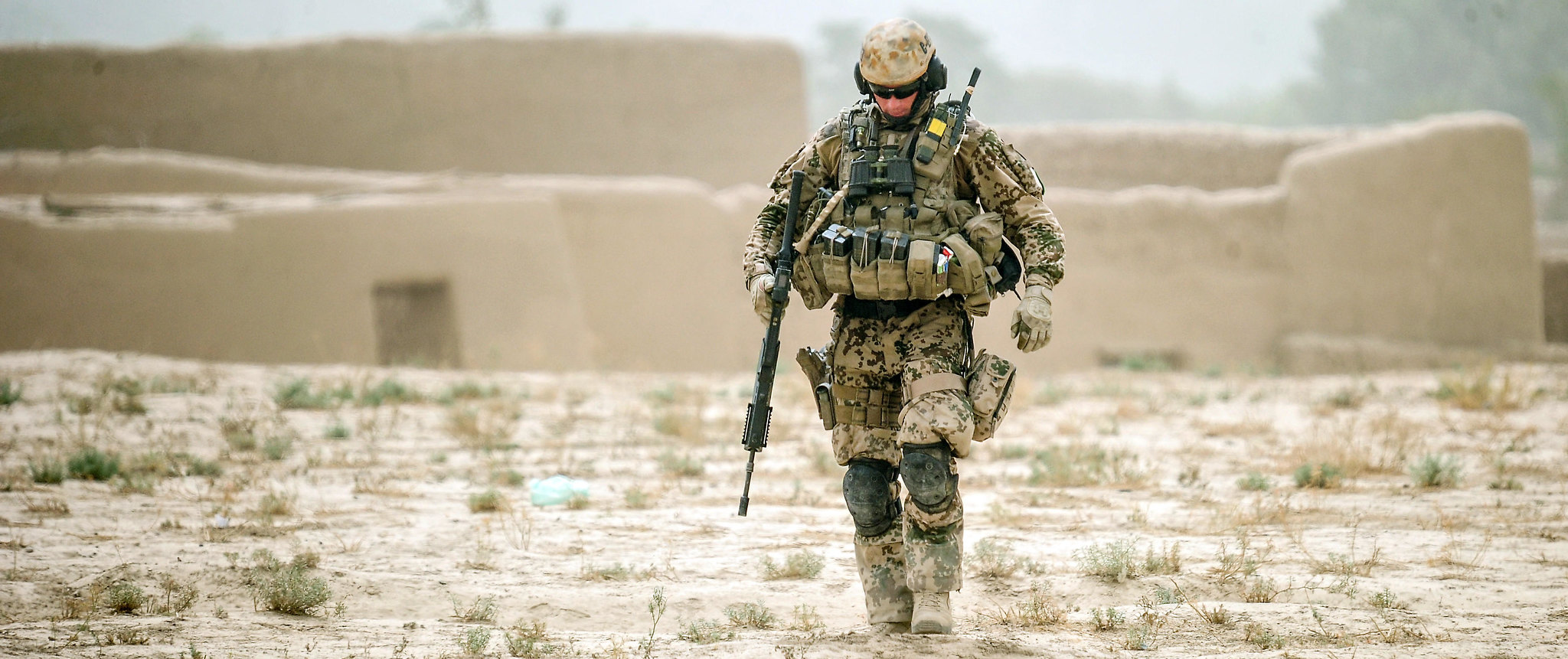

2 comments